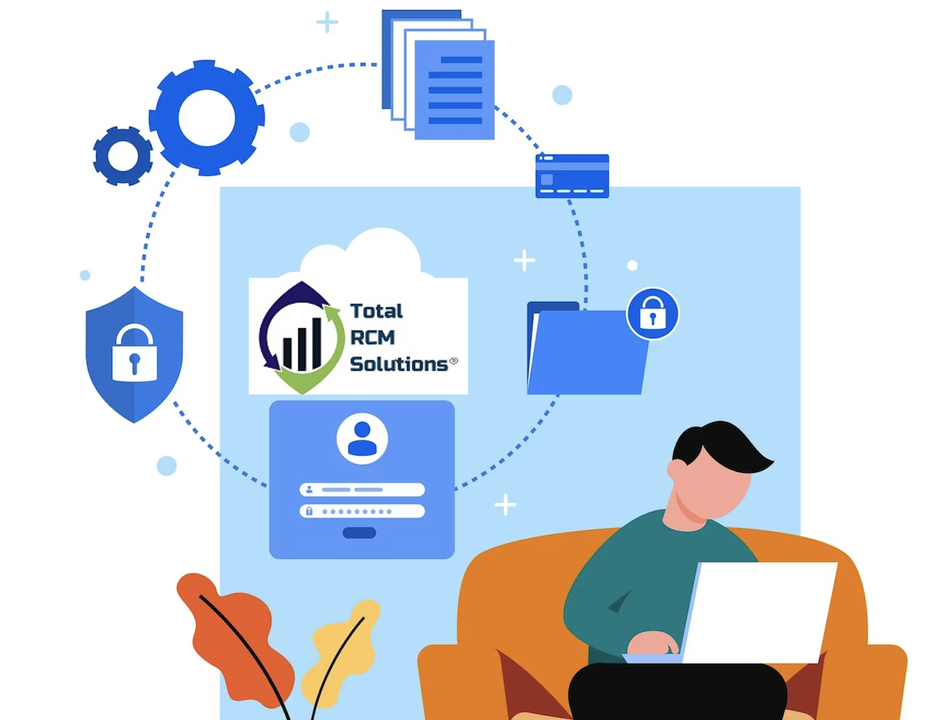
Credentialing in medical billing is the process of verifying and evaluating a healthcare provider’s qualifications and professional background to ensure that they meet the standards set by insurance companies or third-party payers. This process is crucial for healthcare providers as it allows them to be recognized by insurance companies and receive payment for their services.
To become credentialed, a healthcare provider must submit an application to the insurance company or third-party payer. The application typically includes information about the provider’s education, training, licensure, and malpractice history.
The insurance company or third-party payer will then review the application and verify the information provided. This may involve contacting the provider’s references, checking their credentials with professional organizations, and conducting a background check.
Once the provider has been credentialed, they can begin submitting claims to the insurance company or third-party payer for reimbursement. It’s important to note that credentialing must be renewed periodically, usually every one to three years, to ensure that the provider’s information is up to date.
Overall, credentialing is an essential aspect of medical billing that helps ensure that healthcare providers are qualified and trustworthy, and that they receive timely payment for their services.
Credentialing mistakes can be costly and time-consuming. Here are some common credentialing mistakes to avoid:
- Incomplete or inaccurate applications: Make sure that all required fields are completed and that the information provided is accurate and up-to-date. This includes education, training, licensure, and malpractice history.
- Missing deadlines: Credentialing can take several weeks or even months to complete. Make sure that you start the credentialing process well in advance of any deadlines to avoid delays in reimbursement.
- Failing to keep credentials up-to-date: Healthcare providers must renew their credentials periodically, usually every one to three years. Failing to do so can result in delayed or denied reimbursement.
- Not verifying insurance participation: Before submitting claims to an insurance company or third-party payer, make sure that the provider is participating in the plan. Failure to do so can result in denied claims and lost revenue.
- Ignoring credentialing requirements: Each insurance company or third-party payer may have different credentialing requirements. Make sure that you are familiar with these requirements and that you meet them before submitting an application.
By avoiding these common credentialing mistakes Total RCM Solutions can ensure that providers receive timely and accurate reimbursement for their services.
